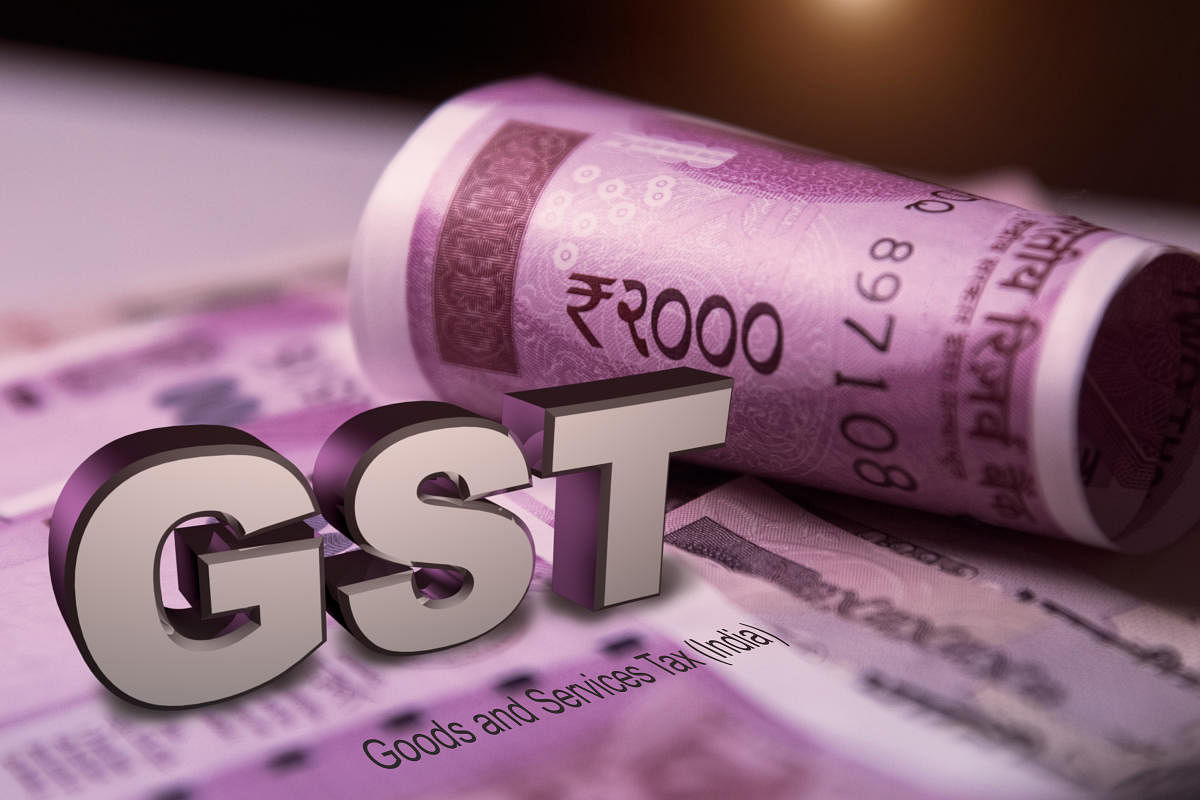
During the three years since the introduction of the Goods and Services Tax, the GST regime has suffered its tense moments. The reasons were mostly technology-related. However, over the last few months, GST is facing a “make or break” situation on a political issue – the payment of the promised GST compensation to states. The latest meeting of the GST Council was called to resolve the issue, and it proposed a couple of options. The initial response from the states has been varied: Some have chosen an option, some are yet to decide, some have written to the Prime Minister to intervene while others are prepared to drag the Centre to court over this.
Revenue Shortfall
The GST Council split the revenue shortfall into two categories: One caused due to reduced GST revenues and another due to Covid-19. It also gave states two options: One, a special window to states, in consultation with the RBI, to borrow the projected GST shortfall of Rs 97,000 crore, and an amount that can be repaid after five years of GST, ending June 2022, from the compensation cess fund, aided by a 0.5% relaxation in the borrowing limit under
The Fiscal Responsibility and Budget Management (FRBM) Act; two, an option to borrow the entire projected shortfall of Rs 2.35 lakh crore – both on account of faltering GST collections and the expected shortfall due to the pandemic – facilitated by the RBI.
While the entire world is increasingly convinced that the pandemic is due to an act of indiscretion on the part of China, the Finance Minister termed it an ‘act of God’. The reason for asking the states to resort to borrowing is because of a legal opinion given by the Attorney General of India that the period of payment of compensation can be extended beyond June 2022 but the Consolidated Fund of India cannot be used to bridge the gap. The GST Council has known for almost a year now that there would be persistent shortfalls in the compensation payable to states, but no concrete action was taken as everyone thought that things would self-correct over a period of time. And then, Covid-19 struck.
The pandemic has disrupted everything to such an extent that history may soon be split into two periods: the ‘Before Covid’ and ‘After Covid’. GST is no exception in facing its impact -- the economy is down, collections are not improving and evasion is rampant.
Yet, the GST Council cannot run away from the problem and, leaving the states holding the baby. If GST is truly a tax that represents the spirit of federalism, the Centre should come out with a proper plan to compensate states. In times like these, the question is not who should borrow but who has a better credit rating to borrow and more options. Undoubtedly, the Centre has a better credit rating and options to borrow, including from international agencies and financial institutions, which they should tap into. They also have the luxury of having a central bank with a strong balance sheet.
State of the states
State governments need to realise that the 14% growth assurance given for the GST compensation promise is a thing of the past. Even if GST had not been introduced, states would have seen a reduction in VAT revenues, thanks to Covid-19. So, they really cannot be expecting compensation with an assured 14% annual growth. Till Covid-19 lasts, ‘force majeure’ is a reality. The GST Council should tell the states that the 14% growth in revenues that was assured is unsustainable. This could come down to 10%. States should also not be tempted to levy local taxes and duties on an ad hoc basis to make up for lost revenues. Levy of a ‘Covid Cess’ for some time can be thought of. Cesses suffer from two problems -- they are supposed to be temporary but seldom are; and input tax credit cannot be claimed by the counter-party. Due to this, a cess may not fly with taxpayers.
The kerfuffle over GST compensation has ensured that there are a couple of certainties in the near future. Liquor, fuel and stamp duty will not come under the purview of GST for some more years. States will ensure that. As a result, the GST we have is not an ideal GST but a “jugaad GST”, and it will remain so. The second certainty is that GST battles of the future are going to be fought not on economic/taxation grounds but on political grounds. This could derail some GST provisions in the future since states would tend to object to them due to political differences.
In some quarters, it is already being said that the erstwhile laws were better since the issue of compensation was driven by the Finance Commission’s diktats and was based on a percentage rather than a share in revenues. Taxpayers would tend to agree as they had got used to dealing with known persons in the departments and the laws had reached some stability. One cannot disagree with the statement that GST is a good law that has been badly implemented.
It may take an extremely long time but the hassles that taxpayers face will hopefully gradually reduce and disappear. However, since GST compensation hits the states where it hurts the most -- their treasuries -- a resolution to this issue cannot wait. The GST Council should quickly think of a workable solution to compensate states.
(The writer is a Bengaluru-based tax expert)